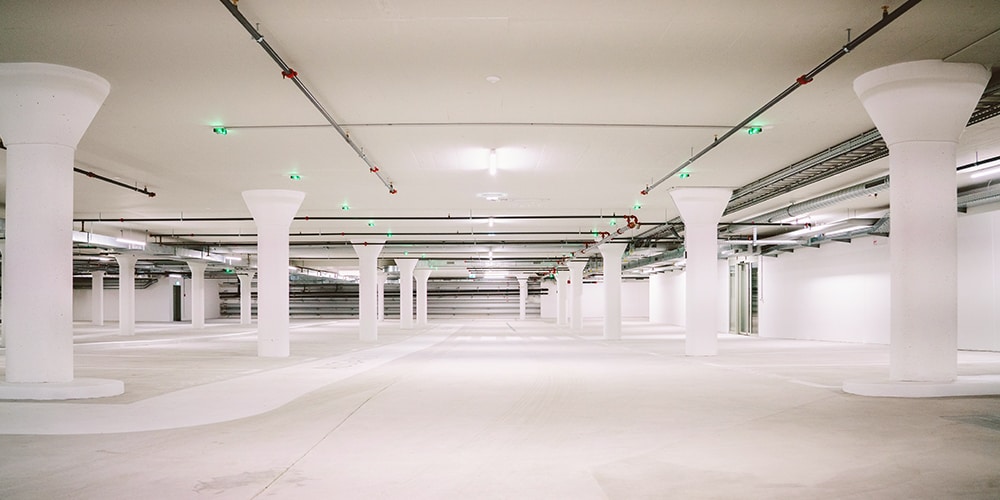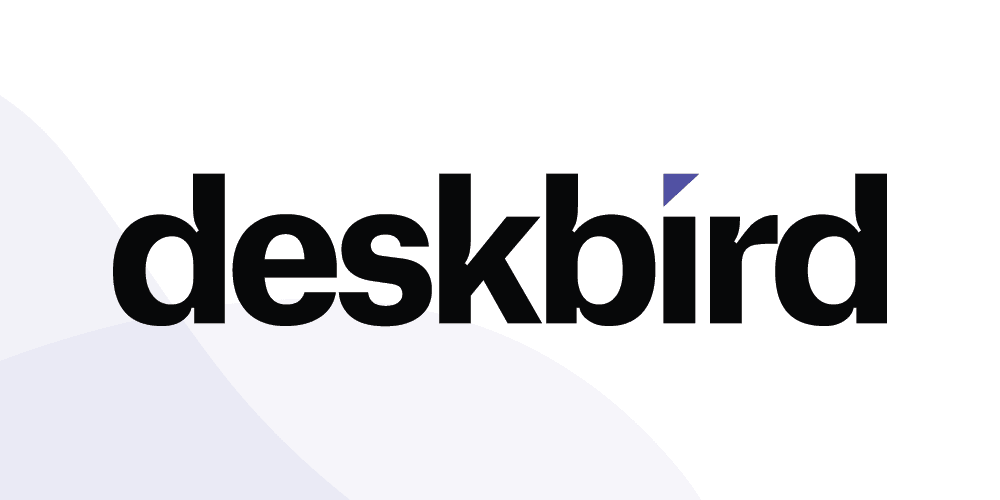Office Parking Management in the Hybrid Work Era

Hybrid work has brought many new challenges to office life.
The changes in employee behavior, such as work-from-home and flexible seating, have led to an increasing need in workplace administration, including parking management, as many employees choose to work from home when not given the possibility to park on the office premises.
We have discussed with Dorian de Broqueville, General Manager of IZIX, how hybrid work has influenced workplace parking management and what new challenges companies face because of these changes.
What is the impact of hybrid work on office parking?
Hybrid work, in other words, the combination of working from home and flexible seating, has a significant impact on the management of office parking.
Indeed, flexible working can decrease the demand for company parking but also change the way parking spots are allocated and used.
For instance, there is a possibility to optimize the usage of parking spaces allowing several employees to park at the same spot on different days.
As a result, many companies can now give parking access to employees that didn’t have such a luxury before.
However, opening the parking doors to more employees can really complicate parking space management.
The following questions arise:
- Does the parking ratio match the demand?
- What is the actual occupancy rate?
- What are the allocation rules?
- Who has priority parking?
- How to avoid double booking?
- How to reassure employees that they have a parking place on their in-office days?
Advanced parking solutions, such as IZIX, can help allocate and reserve parking spaces based on employees’ needs, internal policies, and real-time availabilities.
Moreover, when combined with good parking management, a hybrid working arrangement can positively influence employee behavior for the common good.
For example, by mastering parking management, companies can encourage employees to come to the office on off-peak days or use alternative transport means, such as electric cars or bicycles, by providing charging stations and secure bike storage.
In fact, soft mobility and hybrid work are the two main trends that revolutionize corporate parking today.
The global pandemic has been a major trigger for remote working. How has parking management changed since the COVID-19 crisis?
Parking has always been a big concern for many businesses, even long before the pandemic.
On one hand, the limited number of parking spots available caused frustration among the employees. On the other hand, too many spaces resulted in unnecessary fixed costs.
This is why, until now, cost reduction has been the primary reason for implementing a parking management system for most companies. Thus, parking space optimization was often analyzed even before the pandemic.
Today, however, new reasons for parking solutions arise.
The allocation of parking spaces is no longer linear: prior booking and real-time management are becoming essential.
Let’s take an example. Before the pandemic, only a small part of Company “X” employees had access to the parking lot and could park there every day. The occupancy rate was theoretically perfect except that in reality these places were frequently poorly used (during external meetings, vacations, sick leaves, etc.). There were few or no means at all to better manage these spaces.
In a hybrid workplace, parking problems become even more pronounced. Hence, is the need for car park control and space-sharing tools.
Today, when these privileged employees are not in the office, it is possible to optimize the use of space by alternating the occupation of places during the week by other team members.
Our equation is no longer “a parking space for one person” but rather “a parking space for Alex on Mondays and Wednesdays and for any member of the marketing team on other days”.
Prior booking is imperative to use these shared parking spaces, while real-time parking management makes it possible to fine-tune parking rules and give employees more flexibility. Moreover, by linking parking data with other data sources, such as desk-sharing tools, companies can have a clearer view of the use of office resources in general.
Finally, companies are more connected and digitized following the Covid-19 crisis.
Having an additional tool to reserve parking space can be overwhelming for employees. Thus, post-Covid, my team at IZIX is focusing on creating a seamless and integrated experience for our parking solutions users in order to avoid the multiplication of tools.
Speaking of seamless and integrated employee experience, can you say a few words about the partnership between Izix and Hubtobee?
As it often happens, our partnership began with the story of a client in common. We met Hubtobee during our parking optimization project at Allianz, where Hubtobee managed desk reservations and work-from-home declarations.
The employee in-office experience and work environment are major subjects of the HR and real estate strategies of large companies seeking to improve the quality of work life and to encourage collaboration for greater productivity.
This is why, today, we continue to work together on the integration of our solutions. It allows users to manage workstation and parking reservations easily, anytime, and from a single app!
Our partnership makes it possible for both of our companies to better respond to new customer needs. It also perfectly supports our ambition to give more freedom, flexibility, and predictability to IZIX users.

Dorian de Broqueville
General Manager at IZIX, an all-in-one parking management tool supporting companies’ new ways of working and mobility ambitions. Izix offers a flexible and frictionless parking experience tailored to the needs of the employees, while guaranteeing a secured access across all sites.




